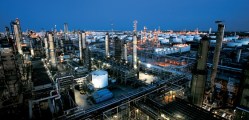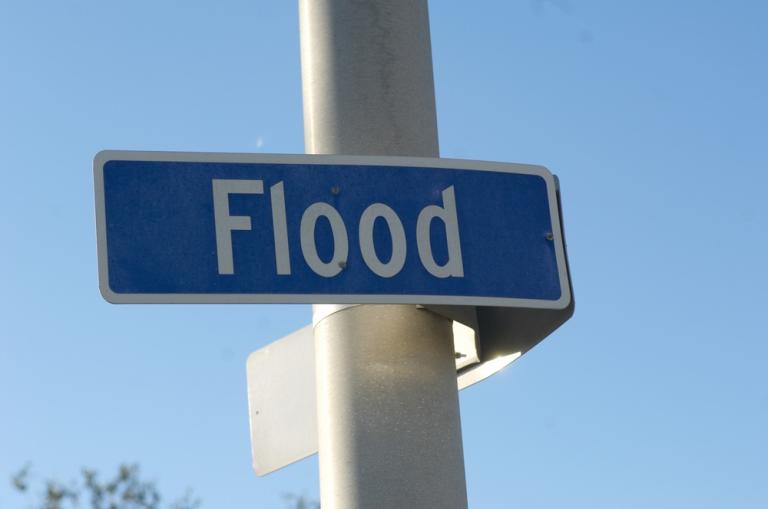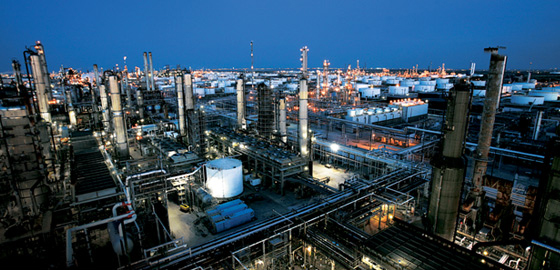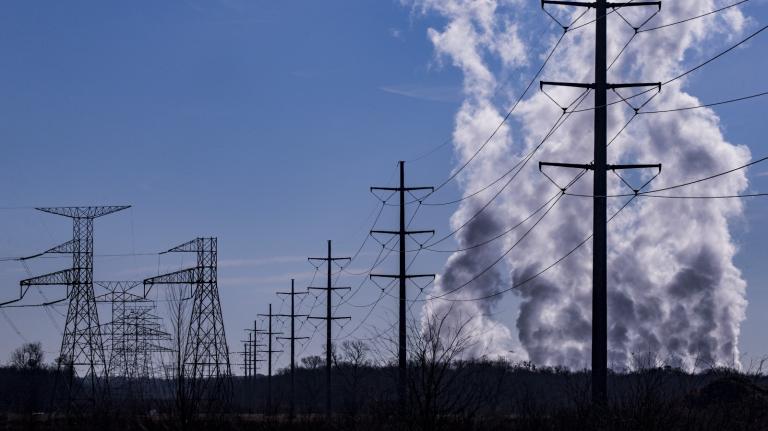
BPThe Texas City refinery.
Over the course of 40 days in 2010, BP allowed hundreds of thousands of pounds of chemicals to escape from its refinery in Texas City, Texas. Unfortunate neighbors inhaled a carcinogenic cocktail of benzene, nitrogen oxides, and carbon monoxide.
Now, more than three years after the incident and a year after BP sold the refinery to another company, the first four of an estimated 48,000 claimants are having their day in court.
In a trial that began Monday, the neighbors are seeking up to $200,000 apiece in compensation — plus $10 billion in punitive damages, which they have pledged in court documents to donate to charity. From Bloomberg:
BP knowingly vented at least 500,000 pounds of toxic chemicals, including benzene, from a faulty refinery unit to a flare the company knew was incapable of destroying the toxins, Tony Buzbee, the residents’ lead attorney, said in a phone interview. He claims BP would have lost more than $20 million if it had shut the unit down during repairs.
“BP decided there was just too much money to be made at the time, so they decided to flare the emissions and take the consequences,” Buzbee said. He plans to ask jurors to send BP a message that “the wanton poisoning of an entire community is not an acceptable business practice,” he said.
London-based BP denies anyone was injured by emissions from the refinery, which was later sold.
It would be nice to think that this was an isolated incident. But we’re talking about BP, which was already fined $87 million by the feds for failing to fix safety problems that caused a 2005 blast at the same refinery that killed 15 workers. And then there are all those other accidents for which BP has been responsible — including the Deepwater Horizon oil spill, which actually overlapped with the 40-day toxic release. From a 2010 ProPublica story:
In the weeks [after] the Deepwater Horizon exploded and sank in the Gulf, BP … insisted that the incident, the nation’s worst environmental disaster, was a disastrous but unusual misstep for a company that has done much in recent years to change its ways.
But a look at BP’s record in running the Texas City refinery adds to the mounting evidence that the company’s corporate culture favors production and profit margins over safety and the environment. The 40-day release echoes in several notable ways the runaway spill in the Gulf. BP officials initially underestimated the problem and took steps in the days leading up to the incident to reduce costs and keep the refinery online.
The $10 billion in punitive damages sought by the victims is a lot of money, but consider that BP brought in $18.8 billion in earnings in just the first six months of this year — and it would have brought in a lot more if it weren’t having to pay so much in compensation for the Deepwater Horizon disaster.




